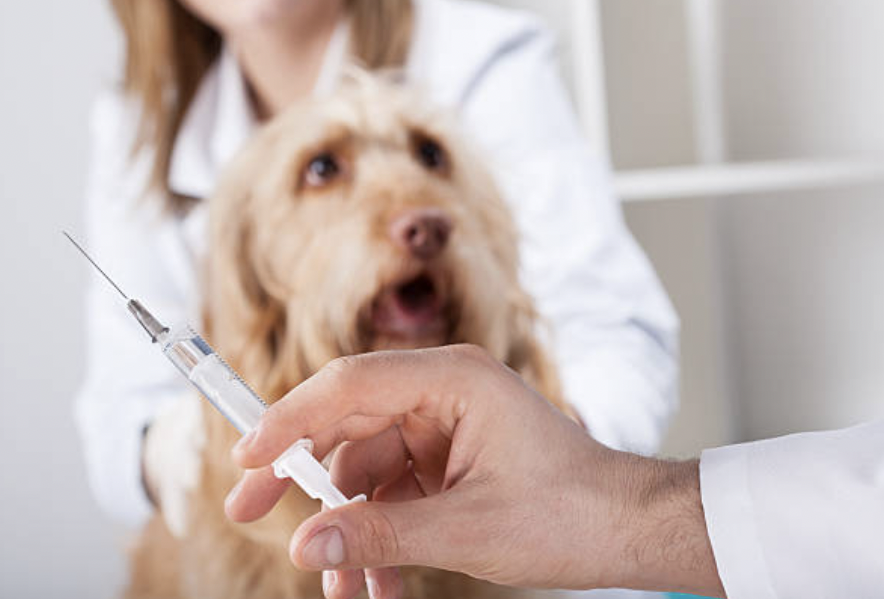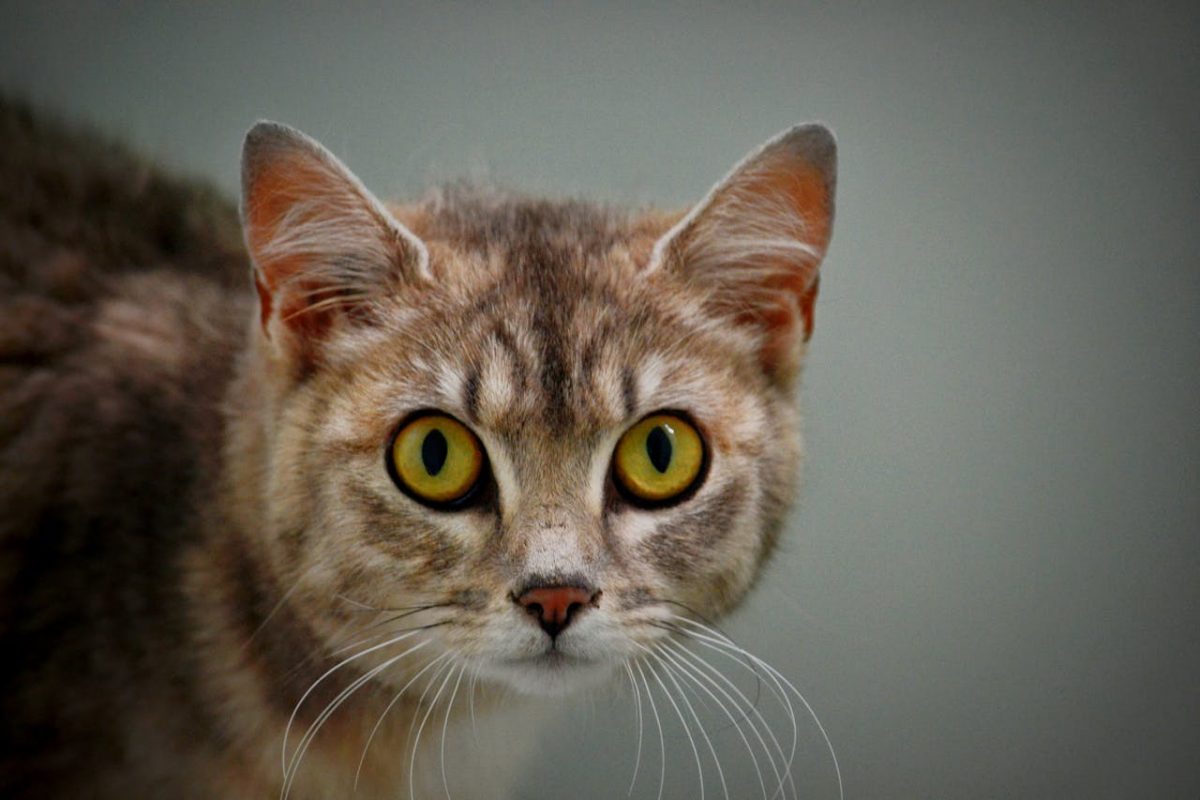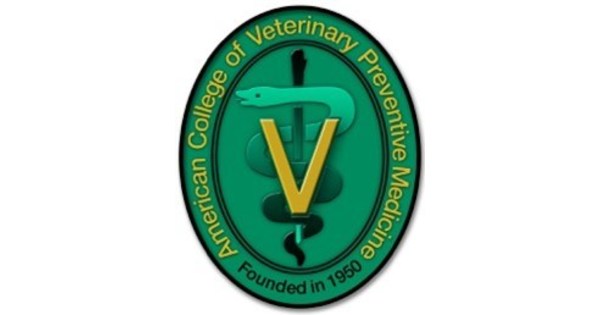In the wake of the COVID-19 pandemic, a ripple effect of vaccine hesitancy has emerged, not just among humans but extending into the realm of our furry friends. Veterinarians are now grappling with a growing trend where pet owners are increasingly skeptical about vaccinating their pets. This phenomenon, deeply rooted in the misinformation and doubts that clouded human vaccine discussions during the pandemic, poses a significant challenge to both public and animal health.
The One Health Concern: A Shared Health Ecosystem
The concept of “One Health” highlights the interconnectedness of human, animal, and environmental health. The decisions we make for our health inevitably affect our pets and vice versa. This interconnectedness means that vaccine hesitancy can lead to broader implications, affecting herd immunity in both human and animal populations and increasing the risk of disease outbreaks.
Educating Pet Parents: Back to Basics
Veterinarians find themselves needing to double down on educational efforts, explaining not just the what, but the why and how of vaccinations. This involves discussing the diseases that vaccines prevent, their contagion levels, and the ease with which pets can contract them from their environments. It’s about painting a clear picture of the risks unvaccinated pets pose to themselves and others.
Understanding Vaccine Hesitancy
Vaccine hesitancy isn’t just about the fear of side effects; it’s a complex web of distrust, misinformation, and misunderstanding about the science of vaccines. The World Health Organization has flagged vaccine hesitancy as one of the top global health threats, a testament to its impact on health initiatives worldwide.
The Legal Leverage and Beyond
While laws mandate certain vaccinations like rabies, relying solely on legal requirements doesn’t foster understanding or trust. Veterinarians must go beyond the “it’s the law” argument, explaining the dire consequences of diseases like rabies, which is nearly always fatal yet preventable with vaccination.
The Role of Herd Immunity
In both human and animal populations, herd immunity plays a crucial role in preventing the spread of diseases. However, insufficient vaccination rates can compromise this protective barrier, leading to outbreaks that can affect susceptible individuals and species.
Addressing the Roots of Hesitancy
To combat vaccine hesitancy effectively, veterinarians need to engage in active listening, understanding the concerns and fears of pet owners. Whether it’s fear of needles or anxiety about potential side effects, addressing these concerns with empathy and evidence-based information is key.
Empowering Pet Owners with Knowledge
Education is a powerful tool. By informing pet owners about the diseases vaccines prevent, the safety and efficacy of vaccines, and the potential consequences of failing to vaccinate, veterinarians can help shift perceptions and encourage responsible pet care.
A Proactive Approach to Veterinary Care
Encouraging vaccination isn’t just about preventing diseases; it’s about promoting a proactive approach to pet health. This includes discussing the appropriate vaccination schedules, considering the pet’s health status, environmental risks, and potential exposures.
Building Trust and Understanding
Ultimately, the goal is to build a trusting relationship between veterinarians and pet owners. This trust is crucial for effective healthcare and ensures that pets receive the necessary care to lead healthy lives.
As we navigate the post-pandemic world, the challenge of vaccine hesitancy looms large. However, through education, empathy, and engagement, veterinarians can play a pivotal role in enhancing public health, ensuring the well-being of pets, and strengthening the human-animal bond that so many cherish.



